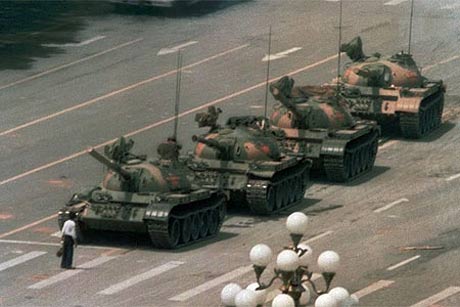Internet Reduces Your Mid Term Memory

Running a news website is very expensive. Basically, the more news stories you publish, the more visitors you get, and the more advertisement you can deliver. But in order to write a lot of stories every day (at least 30 stories a day to have a chance to exist), you need a lot of journalists, and that's where the highest cost of running a news website is.
Turns out the most successful news websites in France are edited by companies owing daily newspapers by the same name. lemonde.fr, lefigaro.fr, liberation.fr are good examples. Some of them have decided - or are currently trying - to merge the Internet and the paper writing teams. Sometimes, "merging" only means to put them in the same building. But more and more, this means that the same person writes a story for the web, and if the story is good enough, a slightly reworded version of the same story gets printed on the next day's paper edition. It's a neat way to reduce costs.
But it's also a complete transformation of the paper media. Think of it that way: newspapers are becoming like a compilation of the best web stories of the past 24 hours. Even with a little curation, this takes a lot of value off of what used to be the primary way of information for many people. You could think that daily newspapers offer articles with deeper analysis of the events. I'm not convinced. Magazines do that job, not newspaper. People don't have time to read a deep analysis of the new events every day. And why pay for the printed version of something that's mostly free on the Internet?
When TV news started, many people like me saw the end of the newspaper business coming. It turns out it was not true - people still read newspapers nowadays. Granted, they read much less newspapers than 50 years ago. But some people still prefer the richness of the print media. It gives confidence, there is a lot to read about a single event, the pictures are larger than on a small TV screen, you can have charts, and there are many stories to read about. Just like in today's News websites. Will the newspapers survive this time?
I think that's not the most important mutation. People are more and more up to date with the latest news, and that's a progress. The problem is: they forget it a few minutes afterwards. Was a particular story right or wrong? It doesn't matter, you're already reading the next one. Do you know how Kadhafi was really killed? A dozen different versions of his death were printed that day. Do you know what currently happens in Fukushima? It's old news, hoy new news are coming out: the Egyptian government just resigned.
Incredible scandals make the news quite often, and yet people aren't scandalized anymore. The Debt crisis pushed Fukushima and Kadhafi off the news, and nobody cares. Even more than the TV, news websites make us over-informed people with no long-term memory. It just destroys the value of information, which is supposed to be a supreme guidance in our acts.
Ok, you can now go and read the next blog post on your aggregator. Forget about all this.
Tweet
Published on 21 Nov 2011
